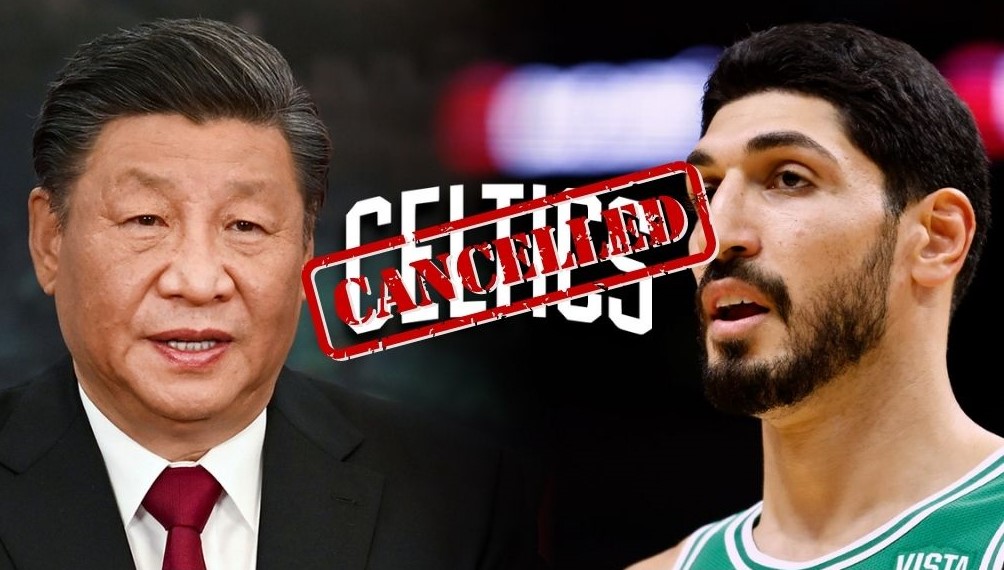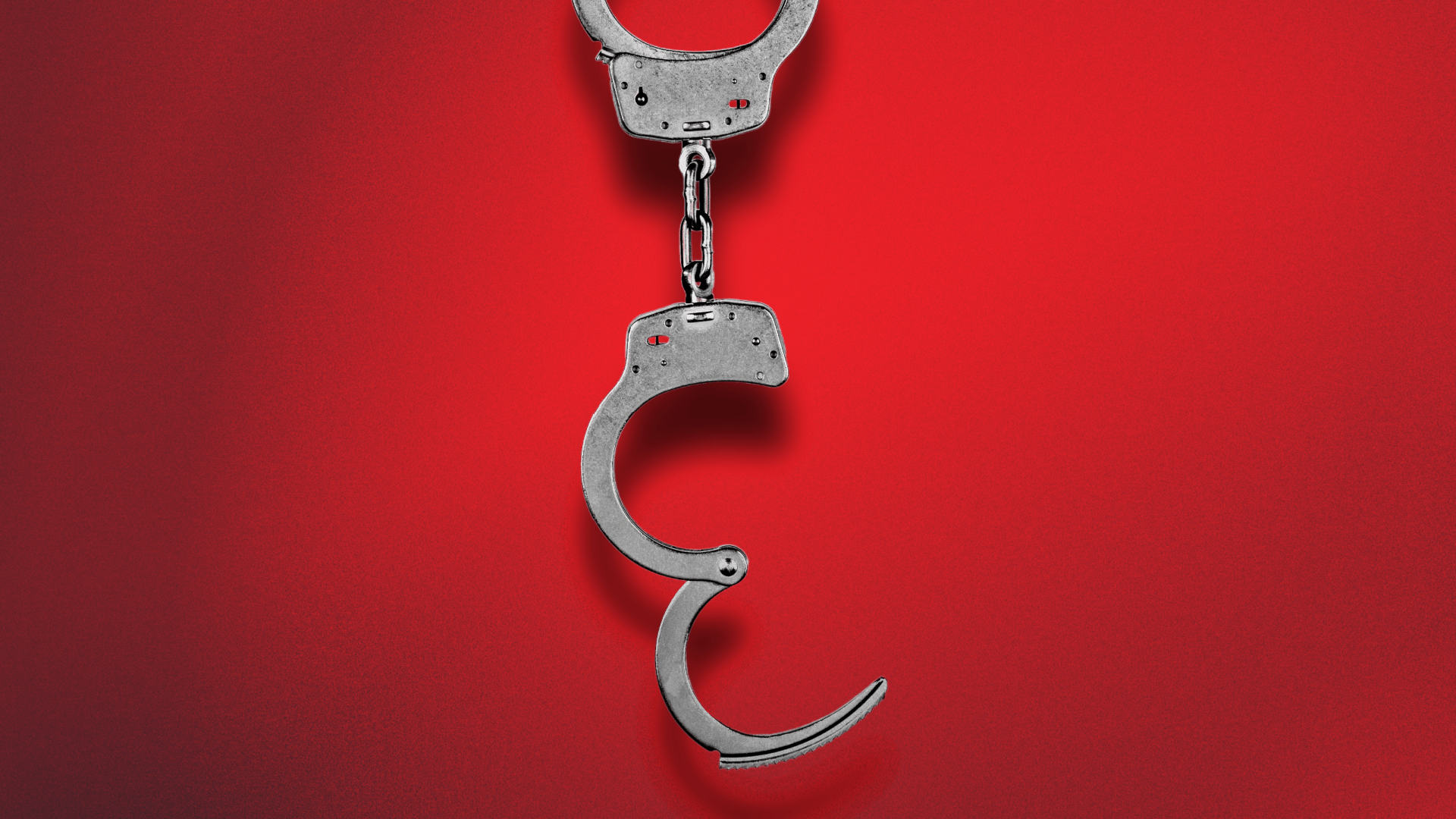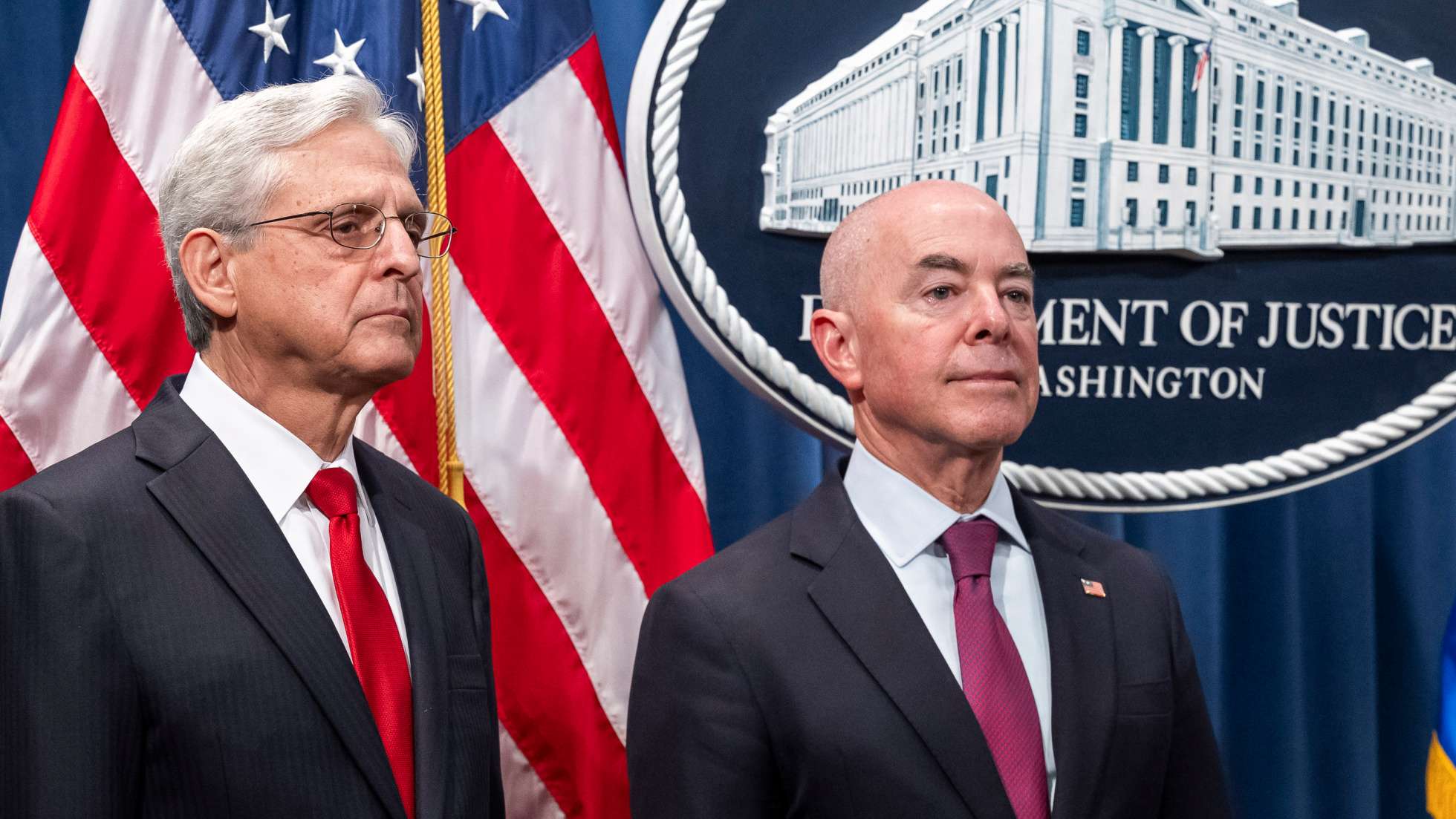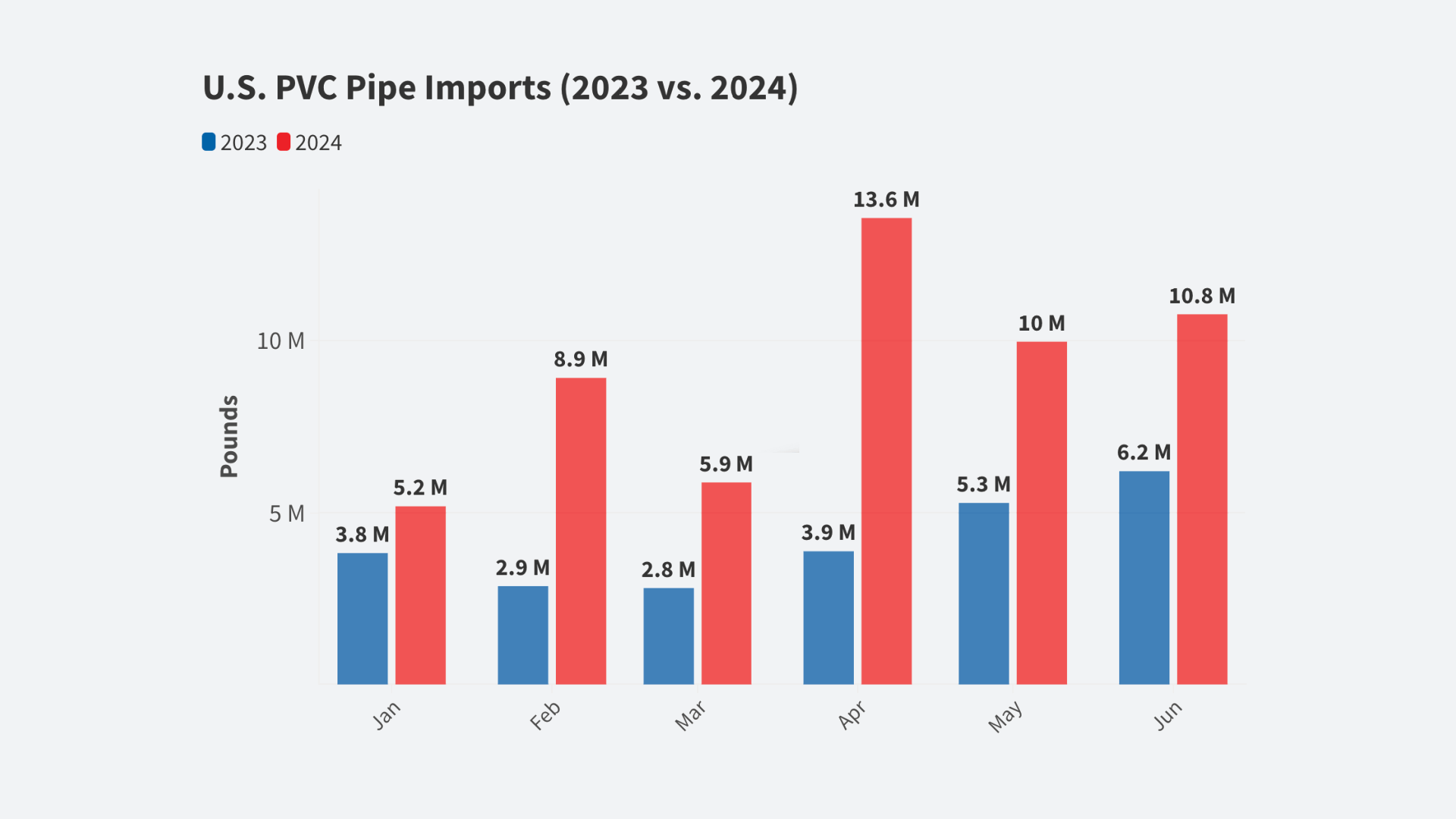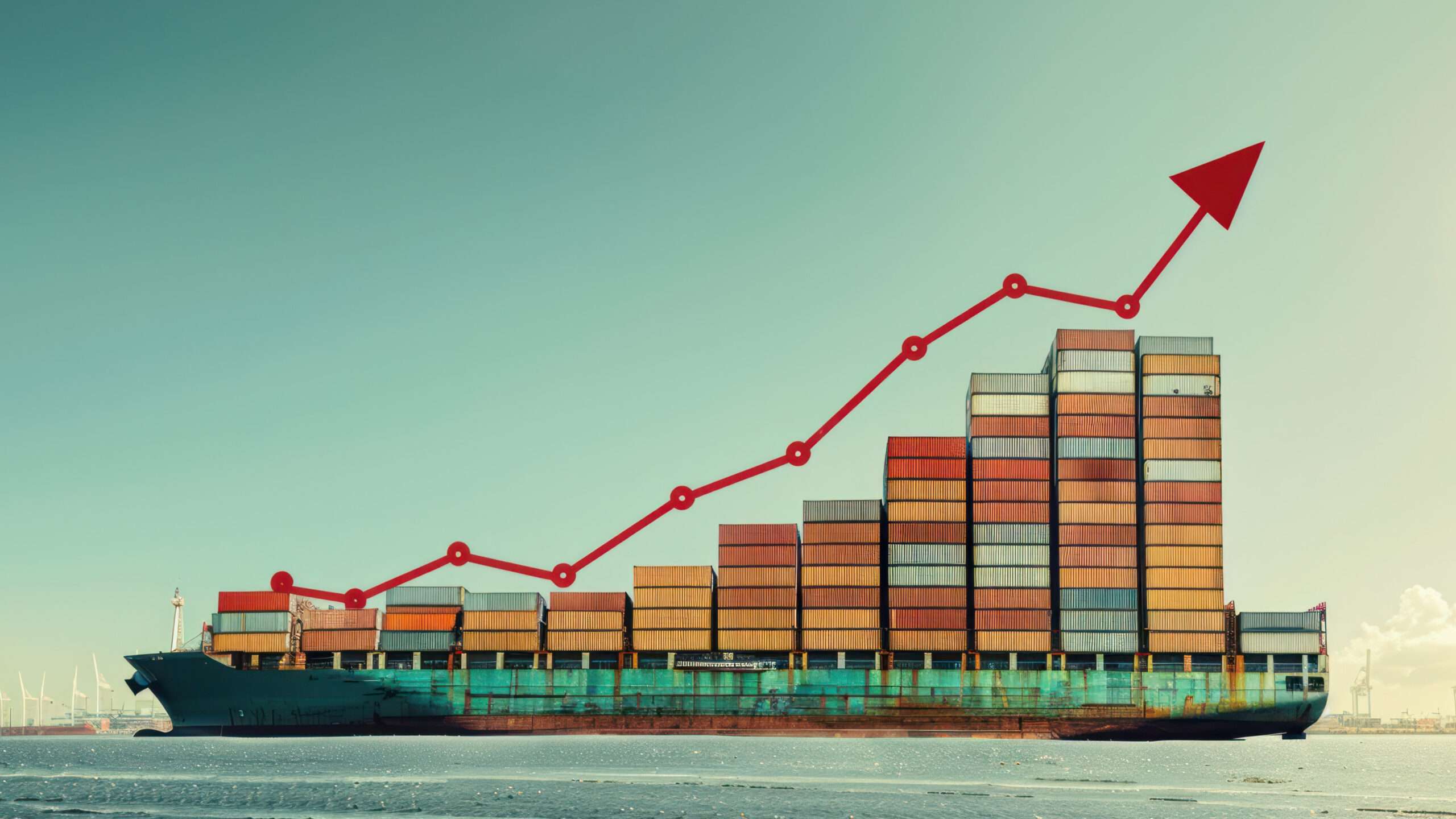Everyone knows this. Anyone doing business in China understands that if you irk the Chinese Communist Party, you get canceled in China. It’s why they walk on eggshells all the time. The more enmeshed they are with the CCP, the worst it gets, and the more they have to tip-toe around tough issues. One day, corporations will have to pick a team.
NBA team the Boston Celtics know it. They just got banned from China because their player, Enes Kanter, did a short video on his social media platform criticizing Beijing for their actions in Tibet. He actually wore sneakers with the words “Free Tibet” on them during a game against the New York Knicks this week. He called out the genocide in Xinjiang, home to Disney’s live-action film Mulan and tens of thousands of Muslims living in captivity.
Enes Kanter, born and raised in Turkey, is a hero.
Heartless Dictator of China,
XI JINPING and the Communist Party of China.I am calling you out in front of the whole world.
Close down the SLAVE labor camps and free the UYGHUR people!Stop the GENOCIDE, now!#FreeUyghurs pic.twitter.com/eEoiw5Uz2K
— Enes Kanter (@EnesKanter) October 22, 2021
The Uyghurs are a Turkic ethnic group, of which Turkey is home to the largest Turkic population.
Over the last five four years, the Uyghur issue has become a big part of the China discussion.
A group of 43 countries denounced China’s human rights record at the United Nations on Thursday, criticizing Beijing for its detainment of ethnic minorities in Xinjiang. Turkey became part of that group of 43 mostly European nations this week.
Despite this, there are policy wonks in Washington who are currently debating whether or not it is wise policy to choke Xinjiang from our solar panel supply chain because we might miss Biden’s 2040 solar energy goal, a goal so far away that by then we might be able to power ourselves using some other technology altogether.
The Xinjiang that Kanter is criticizing is well known in Washington and in New York City diplomacy circles. The five-star hotel lounge chattering classes have all read, or have read about the June 2021 report by the United Nations Human Rights Office of the High Commissioner regarding the brutal treatment of Uyghur Muslims and other minorities in Xinjiang.
“Forced organ harvesting in China appears to be targeting specific ethnic, linguistic or religious minorities held in detention, often without being explained the reasons for arrest or given arrest warrants, at different locations,” report authors led by Chair-Rapporteur, Elina Steinerte, a Scottish academic and human rights lawyer with over 15 years of experience. She is a member of the United Nations Working Group on Arbitrary Detention.
The report is based on interviews of people that spent time in the prison camps. China does not let any press – or UN observers for that matter — anywhere near those camps.
According to allegations received, the most common organs removed from the prisoners are actually hearts, kidneys, livers, corneas and, less commonly, livers.
“This form of trafficking with a medical nature allegedly involves health sector professionals, including surgeons, anesthetists and other medical specialists,” the June report stated.
This is not the first time this issue has been brought up. At this point, China has managed to convince the West that there’s nothing really all that bad happening in Xinjiang anyway. (If Disney can film a movie there, how bad can it be?)
United Nations human rights experts have raised forced medical procedures of prisoners with the CCP as far back as 2006 and again in 2007. China’s responses “lacked data such as waiting times for organ allocation, or information on the sources of organs,” the report said.
Last year, the State Department said that China was committing genocide in Xinjiang.
China pushed back, comparing its version of genocide with that of the “more real” European genocide of Jews in Nazi Germany.
On October 19, CPA sent a letter to Treasury Secretary Janet Yellen advising her to expand already existing capital markets sanctions against companies that are part of the forced labor supply chain in China. For example, why is Vanguard invested in Hoshine Silicon Industry, a company facing a Withhold Release Order (WRO) by Customs and Border Protection due to allegations of forced prison labor at its Xinjiang polysilicon factories. Polysilicon is used in making semiconductors and solar cells for solar panels.
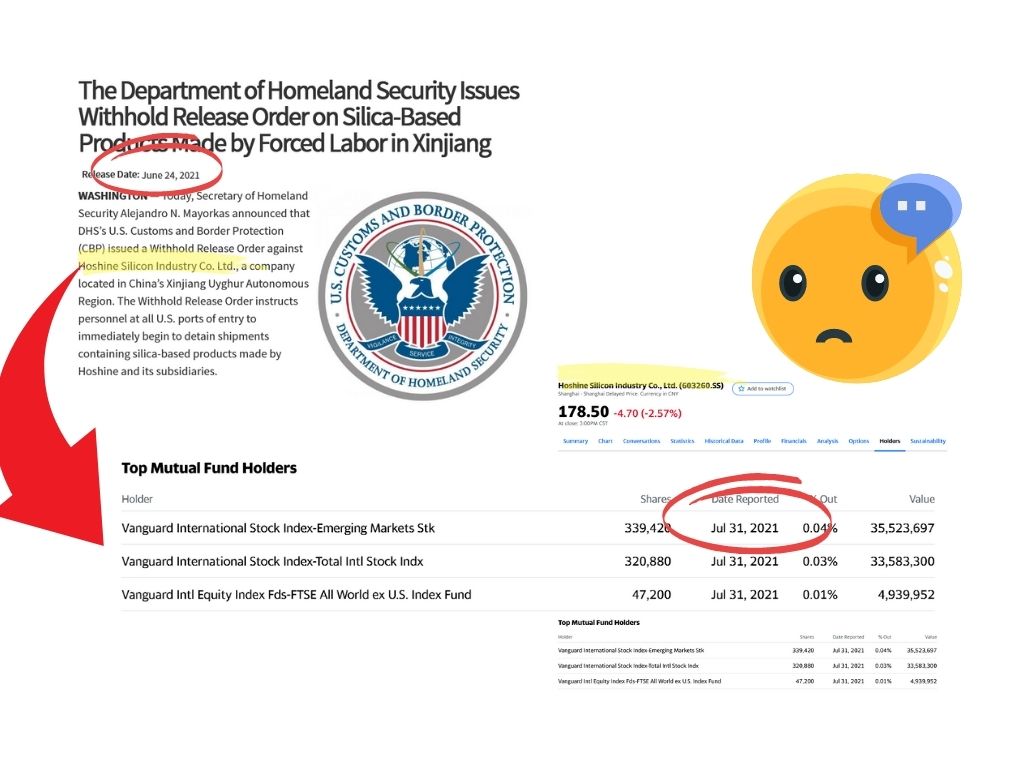 That week, The Economist magazine wrote:
That week, The Economist magazine wrote:
Today the only Uyghur culture allowed in China is of a token kind, conforming to a stereotype endorsed by the party such as smiling Uyghurs wearing brightly colored traditional costume, dancing in public squares and singing, often in Mandarin. On September 29th, at a side event during a meeting in New York of the UN General Assembly, Chinese diplomats showed a video of such performances. It was called “Xinjiang is a Wonderful Land”.
Uyghurs living in exile in the West have been waging a parallel campaign to keep their culture alive. It has involved airing the works of underground artists in Xinjiang whose songs and poems explore more politically risky themes such as oppression and alienation, says Mukaddas Mijit, a specialist in Uyghur music living in France. As repression has tightened, she says, the works of such musicians and poets have become increasingly suffused with lament and despair.
And in June, well before the Celtics got canceled in NBA-loving China, the Congressional-Executive Commission on China, led by two members of President Biden’s party — Senator Jeff Merkley (D-OR) and Representative James P. McGovern (D-MA), warned the NBA that some of their clothing lines were made from Xinjiang cotton.
Xinjiang cotton is also subject to a WRO by Customs and therefore cannot be part of the American supply chain.
The letter to NBA president Chris Paul warned that contracts between NBA players and Chinese sportswear companies Anta, Li-Ning, and Peak have all affirmed that they use cotton produced in Xinjiang. They bragged about it after the ban, as if knowing they could count on the NBA standing down.
Merkley and McGovern urged NBA players to end their endorsement deals with Anta, Li-Ning, and Peak if these companies continue to use Xinjiang cotton.
“We believe that commercial relationships with companies that source cotton in Xinjiang create reputational risks for NBA players and the NBA itself,” they wrote.
See the Commission’s letter here.
They were right. It sure caused a problem for the Celtics. If the NBA said something, it would cause problems for the NBA in China. This is the never-ending stress companies will be under if they want to do business with the CCP.



